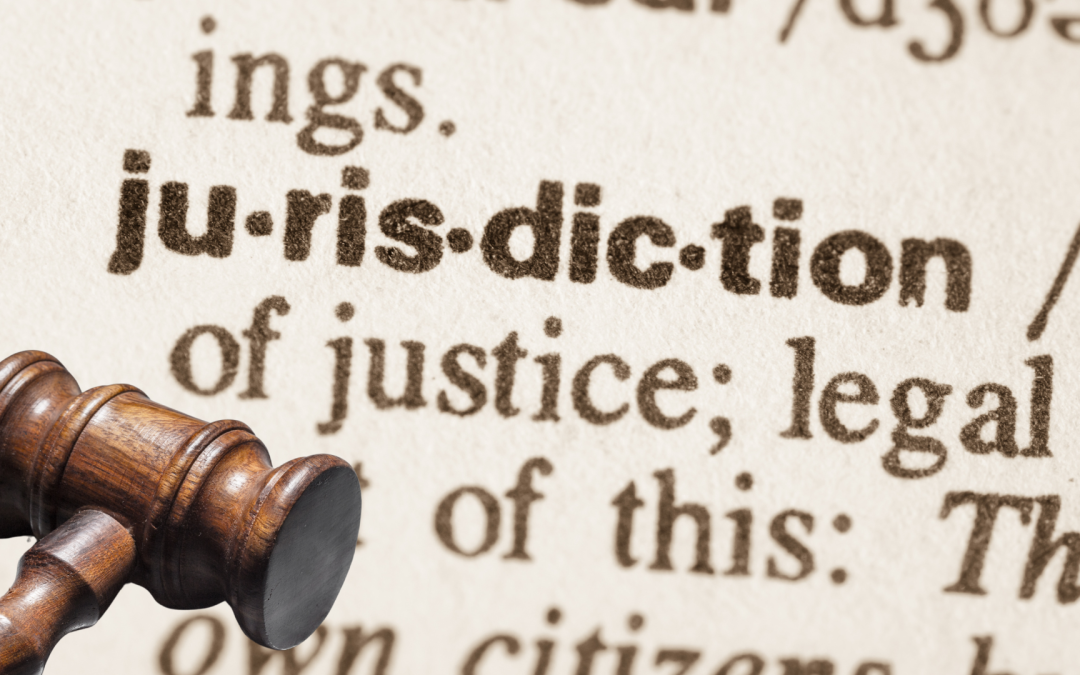Unfortunately, many couples struggle to deal with the strain which is inevitably caused by the divorce and seek coping mechanisms which, although natural, can manifest in various unhealthy ways. This manifestation maybe, not only damaging to themselves but also to the persons around them, especially if there are young children involved.
I recently read an article regarding common mistakes which are made by parties going through a divorce, and I must say that the seven issues highlighted in this article are absolutely spot on. In my family law practice, I often see people falling into these traps, and consequently causing themselves, and others, a great deal of damage during the divorce proceedings.
1. Failure to produce accurate financial information
The article I referred to above pointed out that finances play a very big role in divorce matters. I am sure that most people have heard the saying that possession is nine-tenths of the law. Sadly, when dealing with emotional issues, rational thoughts often go out the window and possession often becomes nine-tenths of the problem.
For this reason, I have seen many parties to a marriage trying to hide and/or dispose of assets when preparing for a divorce. This is especially true when it comes to pension funds which are generally one of the highest valued assets to divide in the estate.
Our marital property law is very clear, and it seldom happens that these assets are divided in a manner which will deprive one party of their rights without exceptionally compelling reasons to do so. Parties wishing to hide assets in a divorce may find themselves in hot water.
It is therefore critical that a person intending on getting a divorce or is involved in divorce proceedings be as frank as possible when it comes to the question of property. They fail to do so at their own peril, as their attorney will not be in a position to advise them soundly if they do not lay all the cards on the table.
2. Letting emotions take over
Many people underestimate the trauma of getting a divorce and do not take precautions to ensure that they are catered for emotionally. This failure to seek professional assistance in dealing with the emotional trauma often manifests itself in anger and acrimony between parties. This not only makes a divorce matter harder to settle but may also have a very negative influence on the people around the parties getting a divorce, especially their children.
I have never seen a parent in divorce proceedings who said that they did not want to look out for the best interests of their children. What I often see, however, is parents who are so overcome with their own hurt that they transpose their own desires onto their children and convince themselves that they are acting in the best interests of the children, when they might actually not be. In these cases, it is very useful to employ the assistance of counselling professionals, psychologists, and social workers to assist the parties to come to a mutually agreeable arrangement which is truly in the best interests of all parties.
Furthermore, anger and resentment may not always be the most constructive emotions when trying to settle a matter, and I have found myself, on numerous occasions, requesting clients to calm their temper in round table meetings. It is very easy to be overcome by strong emotions such as anger or hurt. It is even easier not to realise that one has been overcome by these emotions. Taking a deep breath and counting to ten may often accomplish more in setting a divorce to rest than many thousands of Rands in legal fees.
3. Not considering your kids
This mistake dovetails with the previous mistake of letting one’s emotions take over on a very fundamental level. Unfortunately in many divorce cases, small children are involved. These children do not always have a voice to speak for themselves. Therefore, as a result of acrimony, resentment, distrust, and unfortunately oftentimes spite, many parents going through divorce fail to take into consideration the best interests of the minor children who are born of the marriage.
It is a feature of many acrimonious divorces that children feel alienated from both parents and feel reduced to a bargaining chip and collateral to be used by the parents for their own selfish ends.
It takes a great deal of discernment and rational thought to realise that the needs of the children are not always synonymous with the needs of the parent. It then further takes a great deal of humility on the part of said parent to realize that their children’s needs should trump their own. In many cases where parents fight about children, discernment or humility (or both) may be lacking. To this end, a little bit of humility may go a long way to minimize trauma for the children involved.
4. Focusing on the past
While it is true that one’s past is inextricably linked to one’s present and future, it is a trend in divorce proceedings for people to focus on the past to such an extent that they disregard the present and the future. The reason for this is that in divorce proceedings, in particular, the past plays a big role in that the reasons for the divorce often find their basis in things that happened in the past.
Whilst it is necessary to consider the past when dealing with a divorce, especially in contested matters where the facts leading up to the divorce are dissected by lawyers on both sides and the court, an unnecessary fixation on the things that transpired in the marriage leading up to the split may be damaging.
Naturally, a fixation on past events may be damaging to the parties’ own emotional state of affairs, but might it may also be even further damaging to settlement negotiations where parties spend roundtable meetings fighting and pointing fingers instead of dealing with the pertinent issues in dividing the estate and making arrangements regarding things such as maintenance and contact rights. Many couples thereby miss valuable opportunities to curtail divorce proceedings and reach a settlement as a result of the chips which they may have on their respective shoulders.
5. Forgetting about taxes
When going through trauma such as a divorce, the last thing most people think about is something as nitty-gritty as the tax implications of the divorce. It is highly advisable, though, that the parties going through a divorce seek the assistance of a tax professional to advise them of the best way to divide the estate. In this way they can ensure that they are not faced with exorbitant taxes which they did not expect.
As the position regarding taxes changes on a frequent basis, it is very difficult to establish any rules of thumb in this regard. This just further goes to show how critical it is to speak to a tax professional at such time as divorce proceedings are commenced.
6. Refusing to compromise
Especially in mediation, and settlement negotiations, a divorce is very much a game of “give and take”. The golden middle ground (which oft seems to be unnecessarily elusive to parties) is reaching a compromise whereby a party may give up some of their rights in respect of something towards which they feel less strongly, in favour of gaining rights in respect of something which means a lot to them. This exercise is critical in reaching a settlement which is workable and fair.
Psychologists are fond of referring to the statement that the whole is more than the sum of its parts. This is especially true of joint households which are being divided. Parties to a divorce would do well to realize that both parties will inevitably end up slightly poorer as a result of the divorce and that they are not the only one losing out as a result. It is unfortunate how many couples going through divorce become sidetracked with a suspicion that the other party is trying to take them for a ride or trying to use them as a meal ticket. Provided that both parties let go of this mentality at an early stage in the divorce they may easily save themselves a lot of heartache, money, and time.
It is imperative to bear in mind when mediating or negotiating a divorce that the keyword should always be reasonableness. Unfortunately, it is not always possible for the parties to objectively evaluate their reasonableness, and it is for this reason that mediation and alternative dispute resolution whereby third parties would guide the couple in the right direction are gaining immense traction in South African law.
Parties would, therefore, be acting in their own interest if they realistically evaluate their position and act accordingly in a manner which is both rational and calculated.
7. Not taking the time to learn and consider one’s options before beginning the process
The final paragraph heading in the article alluded to above hits the nail on the head. Unfortunately, there are too few couples who take the time to obtain legal advice before considering a divorce. Nine times out of ten I am approached by a person going through a divorce at the stage where the situation has, to a large extent, started to blow up in their face. The parties may unwittingly cause great damage to themselves, their soon-to-be ex-spouse, as well as their children if they are not properly advised and assisted from an early stage. The greatest risk that parties run is not knowing their rights, or conversely sincerely, but mistakenly, believing they are entitled to things. This fear on the one side and sense of entitlement on the other invariably leads to acrimony and distrust.
When obtaining legal advice, it is very important for parties to remember that no single attorney’s opinion should be considered as canon law. Most attorneys will not take any offence at clients seeking a second opinion, and people going through a divorce should be aware that it is their right to do so. Going through a difficult time in one’s life, such as divorce, it is extremely important to have the right person on your side. This is not necessarily related to only the skill of the practitioner involved, but also to their personality, and their approach.
In conclusion, it must be reiterated that A Divorce is Never Easy, but if the parties apply a little bit of common sense, humility, and mutual respect, it is possible for a divorce to be finalized in such a manner as to not lead to emotional and financial ruin.












